Ears-on with Amazon’s new Echo earbuds, framebuds, and ringbud
Amazon announced more than a few devices today during an event at its headquarters in Seattle, and it was the smallest gadgets that made the biggest impression. The company built Alexa into earbuds, glasses and a ring with the Echo Buds, Echo Frames and Echo Loop, respectively. I've tried them all out.
The ones people are most likely to actually want are the earbuds, of course. With Bose noise reduction and Alexa functions built in, they'll be a popular option for anyone who doesn't want to take out their phone, but also doesn't want to wear large over-hear headphones.
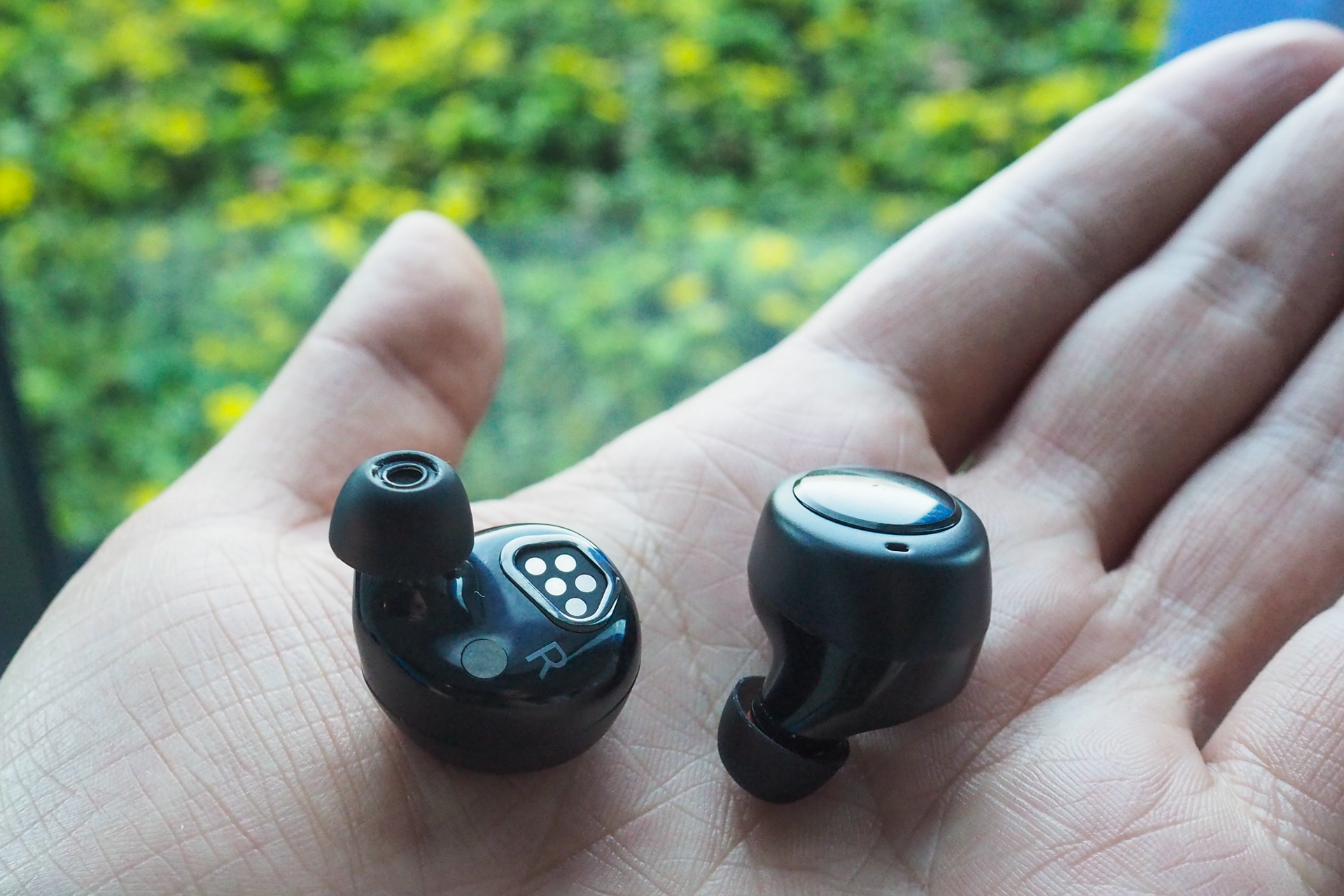
The Echo Buds are somewhat large - bigger than several sets of wireless headphones I've seen and tried, though they were comfortable after being corkscrewed into my ear.
They have two modes: noise reduction and passthrough, which you switch between with a double tap on either bud. The noise reduction was considerable, but certainly not to the level you'd expect from a pair of over-ears. In-ear headphones already provide a physical barrier to sound getting in, but the addition of three microphones on each ear (two external and one internal) let it do the usual electronic reduction as well. I could still hear the crowd around me and people speaking to me, but it was easily drowned out by the Billie Eilish song they queued up.
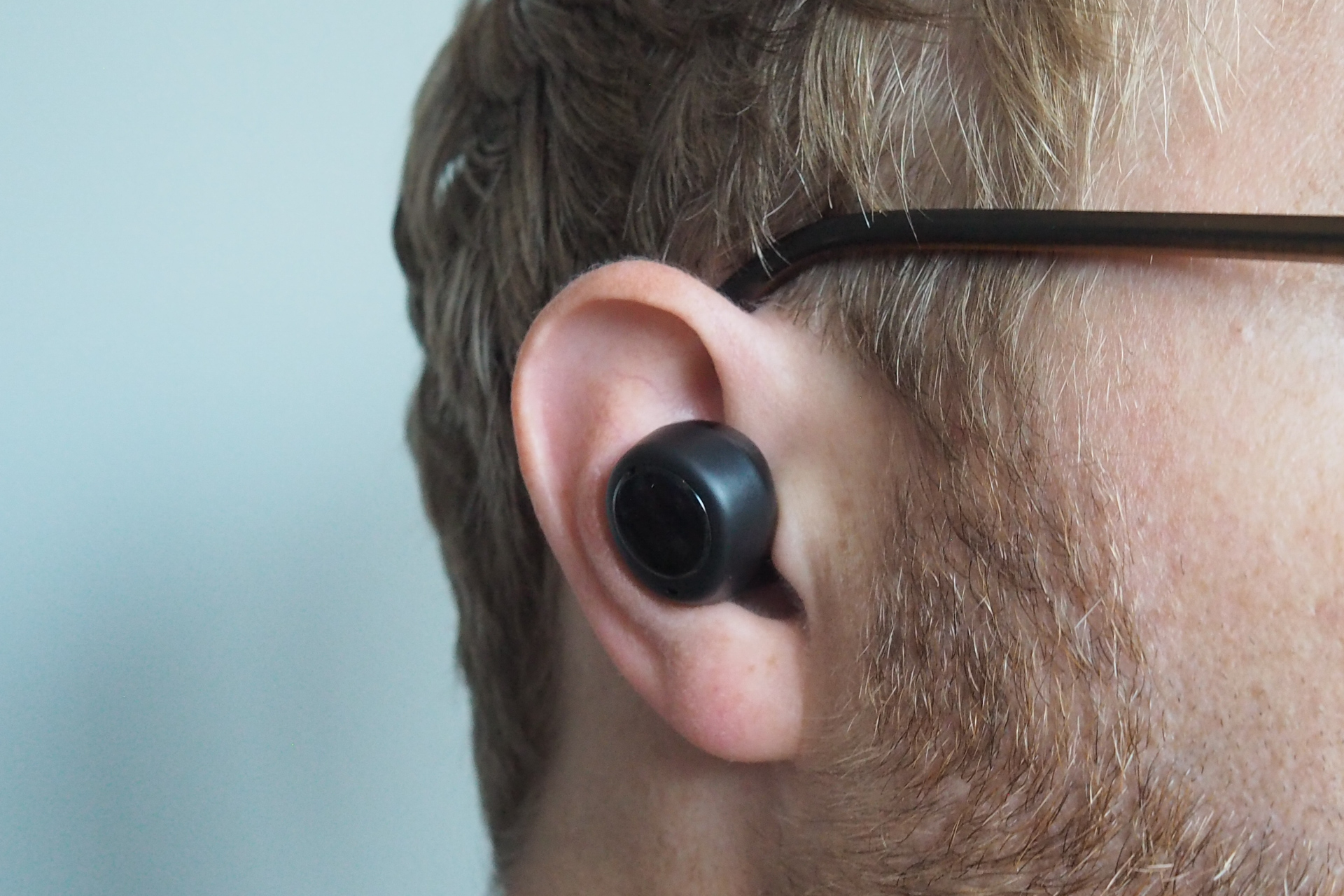
Passthrough provided a quick and clear version of surrounding audio with no noticeable delay. Music and other stuff can still be played in this mode and it blended pretty seamlessly in.
Of course the Echo Buds, like pretty much everything else at the event, have Alexa built in. You get at the service via a wake word, a process that worked well for me.
Their little case looks more fiddly than it is. Magnets snap the contacts onto each other and it begins charging immediately. You should get some 4-5 hours with the buds, out to 20 hours if you drain the case too.
About five feet away from these headphones, and with a half hour wait to test out, were the new Echo Frames. These glasses can be customized with your prescription, though sadly the design and material are locked in.
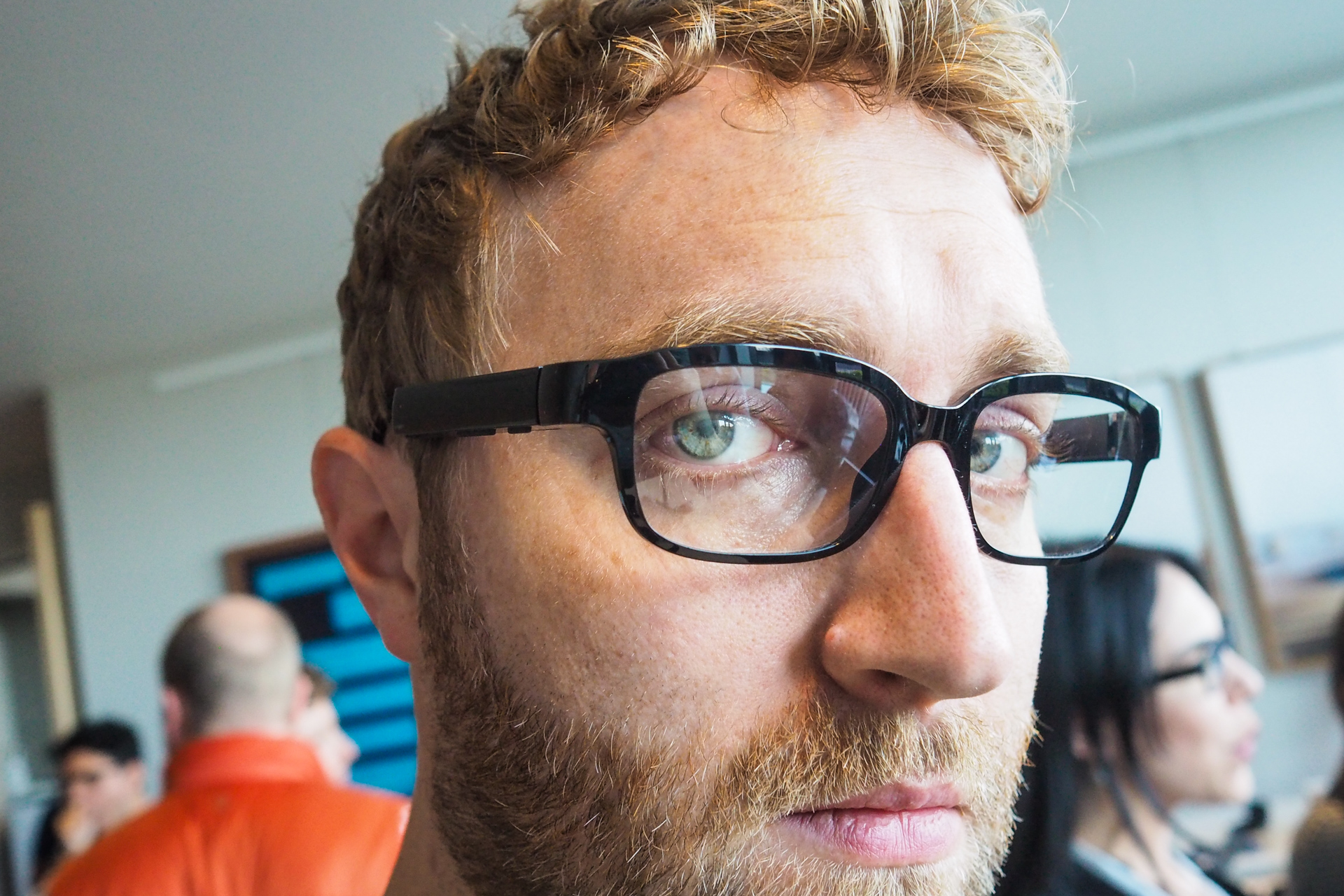
The oversized arms of the glasses house the Alexa hardware, and while the glasses themselves are pretty light, the thickness is definitely noticeable from any angle. The underside of the right arm has an activation button and a volume rocker, as well as the port for magnetic charging. The big shiny sides are touch sensitive; you swipe to accept a call, respond to Alexa offering more info and so on.
The sound is a bit like someone whispering in your ear - you wouldn't want to listen to music on these, the Amazon folks admitted. But speech was clear and Alexa commands were handled quickly.
The speakers aren't exactly hidden: Each arm has two speakers inside, each of which has two "ports," one on top and one on bottom. I asked the demonstrator probably five times why there are ports on the top if the sound needs to come out the bottom, but all she would say is that it's how they made the directional audio work.
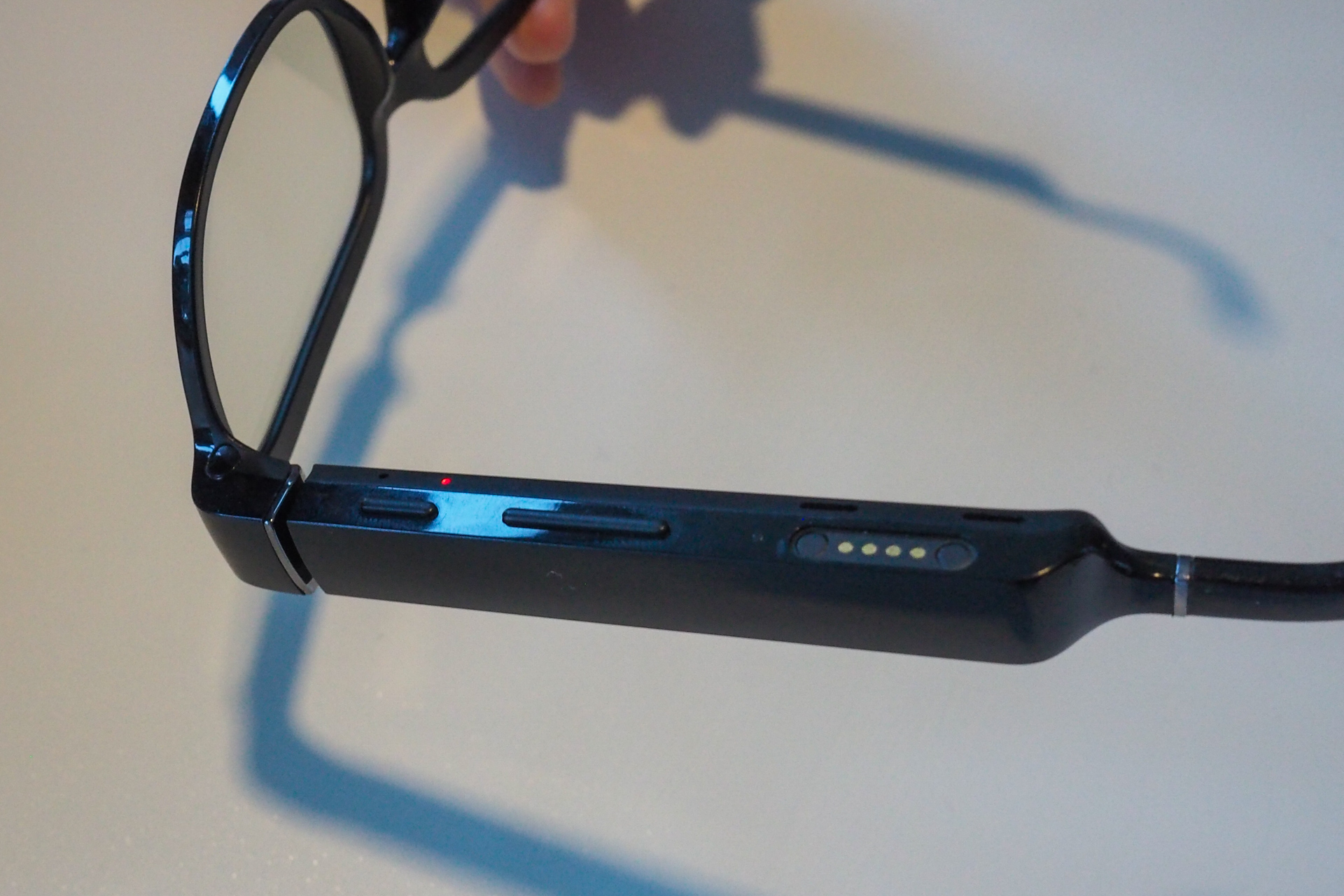
Perhaps that's also why I could hear the Alexa responses from a foot or two away in a crowded room. You can configure it so only certain things get played automatically, which is good, because if the person on the bus next to me heard some of the texts I get, they might be alarmed.
Honestly it's not much worse, though a bit clearer, than if someone is using bad earbuds. Just be aware that if you use these things, others might be hearing that whispered text conversation too.
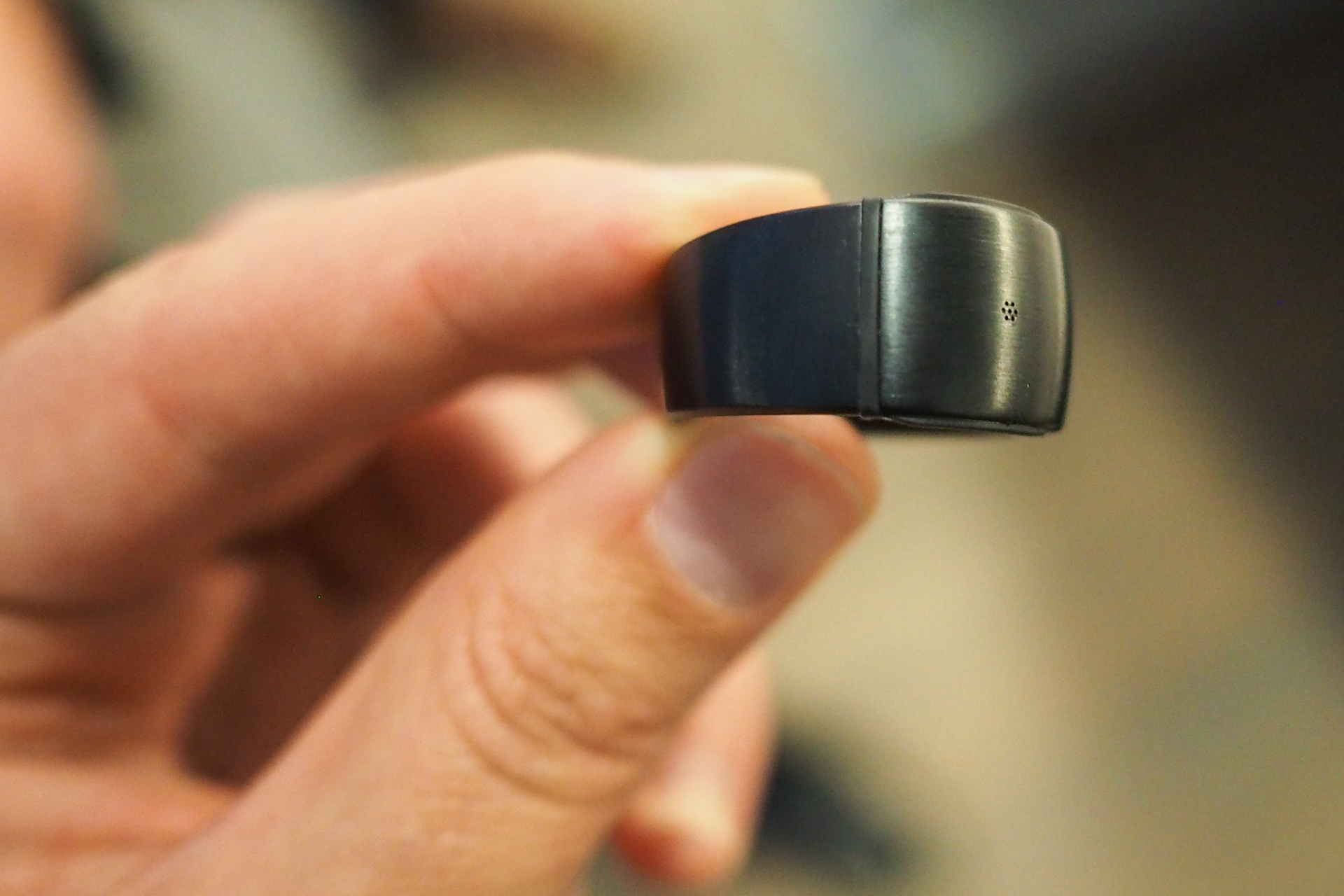
Last, and weirdest, is the Echo Loop. It's a big fat ring that you can use to ask Alexa questions and hear the answers. The big part with the dots isn't actually the speaker, but rather part of the microphone array - presumably for subtracting ambient noise so the speech recognition works better. The inside of the ring is where you'll find the tiny speaker - the smallest of any Amazon device, it was said - and mic.
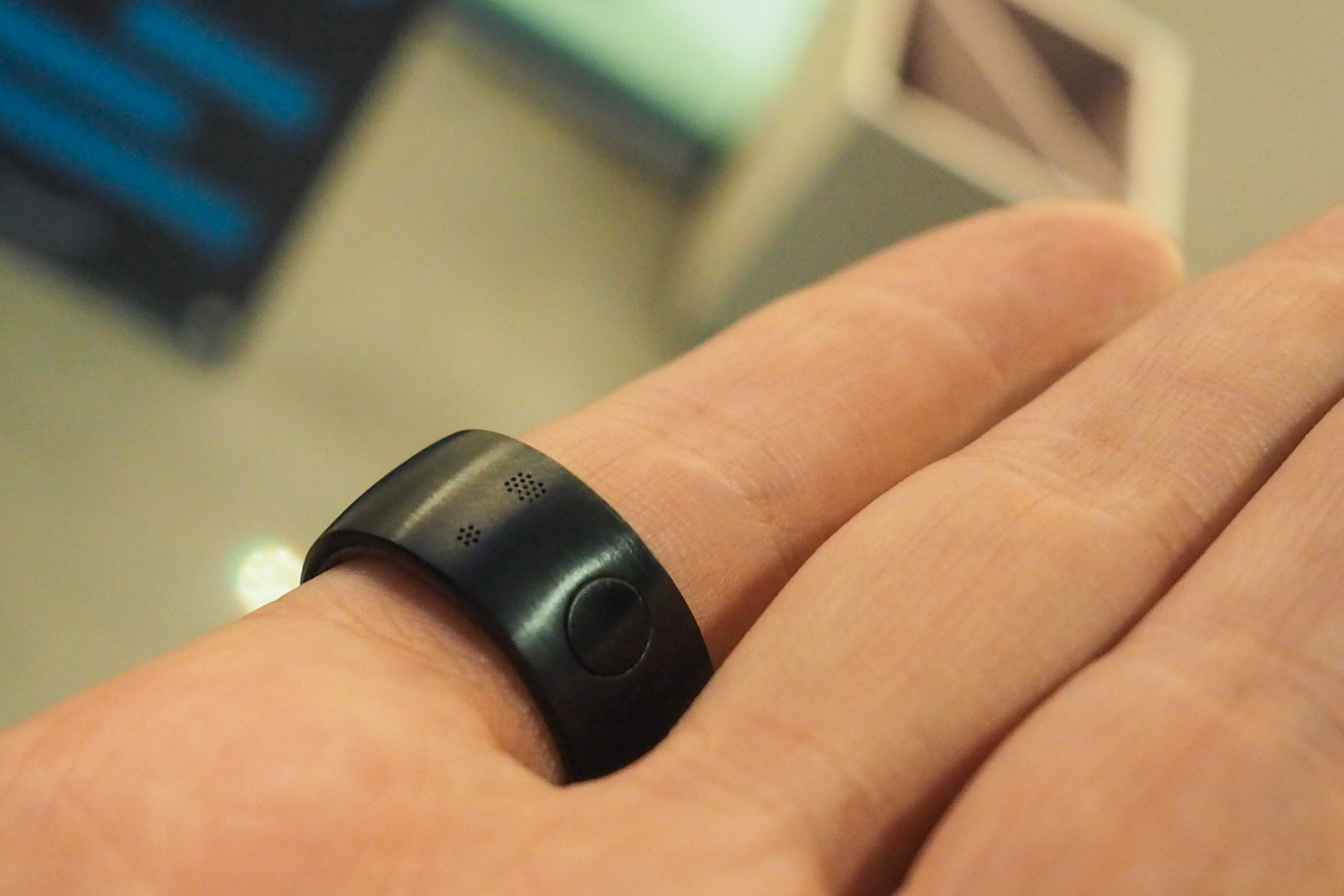
You tap a button to activate Alexa, and the ring will vibrate to let you know it's time to talk. You then ask your hand the question you have in mind, and afterwards cup the ring to your ear - right up to it, because this speaker is tiny. A second or two later, out comes Alexa's voice, sounding like an old transistor radio, telling you the weather in Barcelona or whatever.
Does it work? Yes, it does. It's a ring you can ask questions. The speaker is pretty quiet and you need to find the right position to hear it well (admittedly it was fairly loud in the room), but the ring speaks.
It's not for everybody, which is why it, along with the glasses, are part of the new Day One Edition series of questionable devices. But if you can think of a way it might be useful, be assured: It works as advertised.
Is Amazon's Alexa ready to leave home and become a wearable voice assistant?